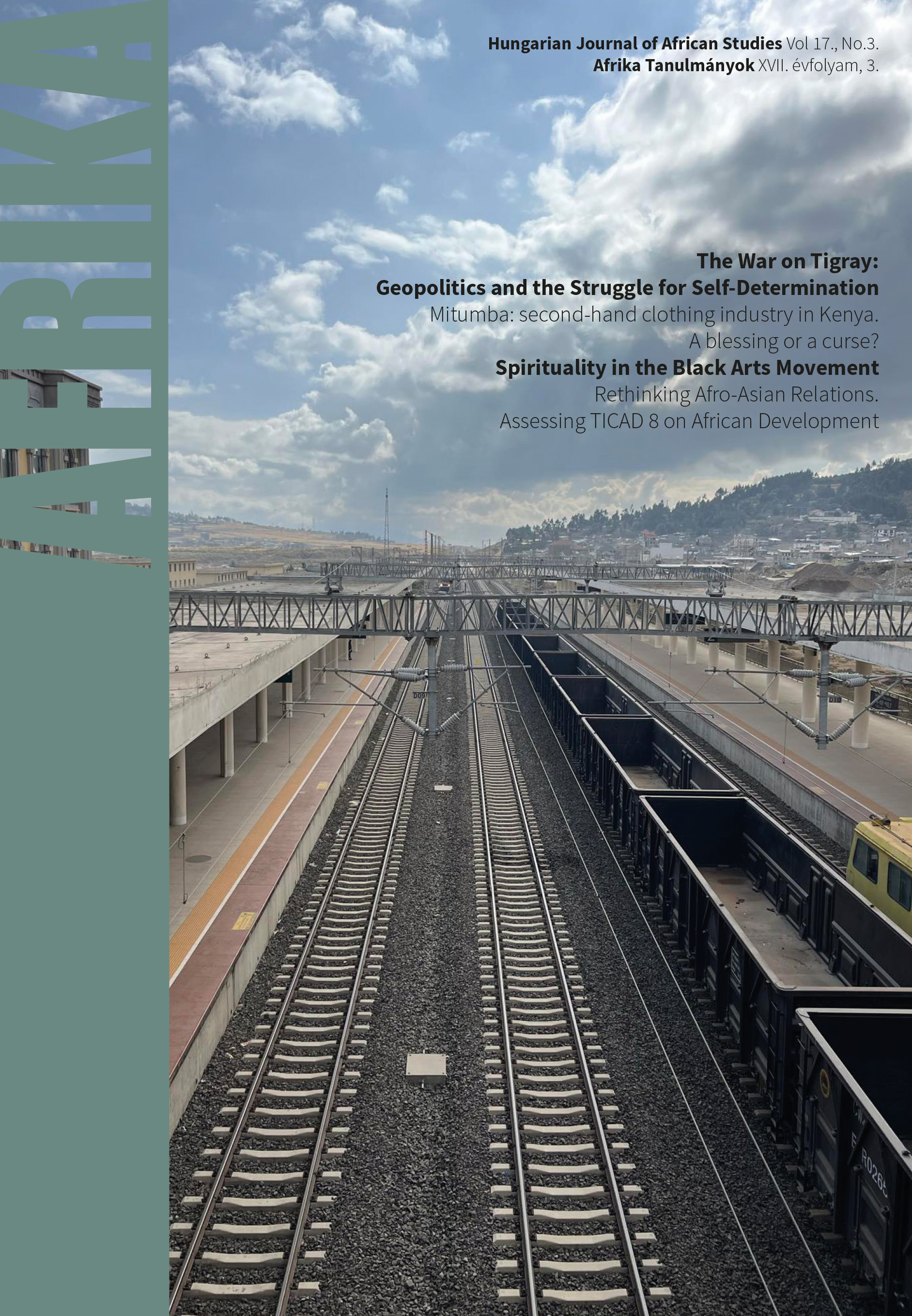Rethinking Afro-Asian Relations - Assessing TICAD 8 on African Development
DOI:
https://doi.org/10.15170/AT.2023.17.3.5Kulcsszavak:
African Development, The COVID-19 pandemic, Tokyo International Conference on African Development, Afro-Asian relations, JapanAbsztrakt
Africa has become a significant focus for many international partners, particularly following the COVID-19 pandemic, which has led to changes in how the continent engages with its partners. With numerous countries in Asia, external partners have made consistent efforts to establish their presence on the continent. Japan is one such Asian country that has sought to expand its influence in Africa, especially in response to China’s significant presence on the continent. The COVID-19 pandemic negatively affected different sectors of the African economy; hence, there is a focus on creating future policies that allow resilience related to such pandemics and any unpredicted future global crises like the current one caused by the Ukrainian war. Similar to others, Japan is prepared to strengthen its engagements with African countries as they align their interests with Agenda 2063, differentiating them from China’s debt approach. Despite Japan being in the region well before the COVID-19 pandemic, it continues to make efforts to increase its presence following the recent Tokyo International Conference on African Development (TICAD) held in Tunisia. This has reaffirmed Japan’s intentions and goals despite the competitive presence of China in the continent. This paper aims to analyse TICAD 8 and its consequences on African development. What promises has Japan made, and how will they lead to a developed Africa? How is Japan’s approach to bringing development to Africa different from that of other Asian partners?
Downloads
Megjelent
Hogyan kell idézni
Folyóirat szám
Rovat
License

This work is licensed under a Creative Commons Attribution-NonCommercial-NoDerivatives 4.0 International License.
















